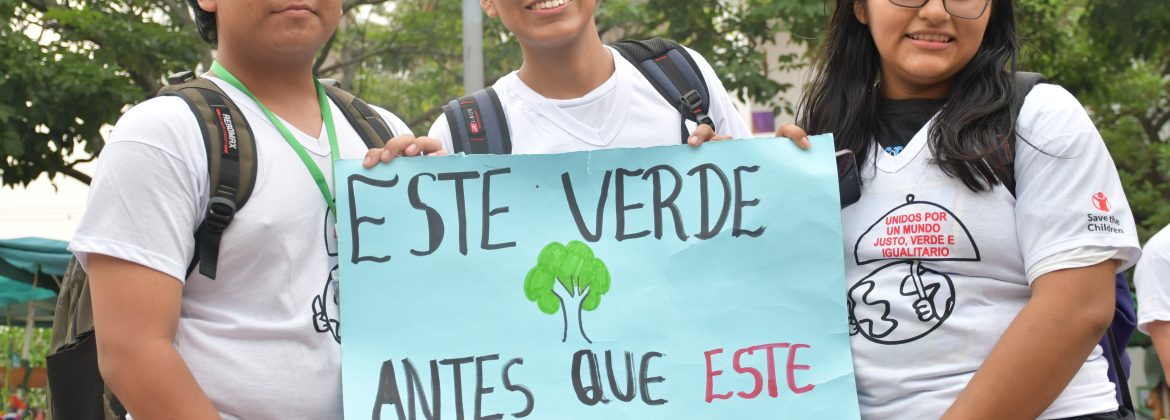
Institutional Strengthening of the Cochabamba Departmental Government in Disaster Risk Management
Bolivia is exposed to multiple hazards, including heavy rains, earthquakes, landslides, frosts, hailstorms, and forest fires.
These hazards also affect the Department of Cochabamba, made up of 47 municipalities and one Indigenous Original Peasant Territory. These events lead to forced migration, family separation, and the loss of livelihoods—such as livestock, agriculture, and floriculture—threatening the survival of affected families. Children are particularly vulnerable, facing school dropout, early child labor, increased responsibilities at home, trafficking, and various forms of violence, including psychological, physical, and sexual exploitation.
In response to this situation, Save the Children — leader of the Humanitarian Agencies Consortium in Bolivia—has promoted strategic actions aligned with national legislation, with a strong focus on anticipatory action. Key initiatives include:
- Technical support for the drafting and adoption of the Departmental Law on Disaster Risk Management and its regulations in Cochabamba.
- Support for the development of CEDEMI, the Departmental Information and Monitoring System for Disaster Risk Management, which contributes to the establishment of an early warning system at the departmental level.
- School-based activities to promote disaster risk management, leading to the inclusion of this theme in the Annual Operational Plans (POAs) for 2025, in line with Article 102 of the Departmental Autonomy Statutes.
Currently, thanks to the actions of influence on public policies and the technical assistance provided by Save the Children to local authorities, Cochabamba has its own Law on Disaster Risk Management No. 1010, as well as formal regulations for the Departmental Risk Reduction Committee (COMRED) and the Emergency Operations Committee (COED).
A particularly noteworthy aspect of Law No. 1010 is that it establishes a departmental policy framework that enables decision-making by the Departmental Government itself regarding disaster risk reduction, response, and humanitarian assistance management. This includes allowing national and international NGOs to operate without requiring prior approval from the central government.

 Bolivia
Bolivia